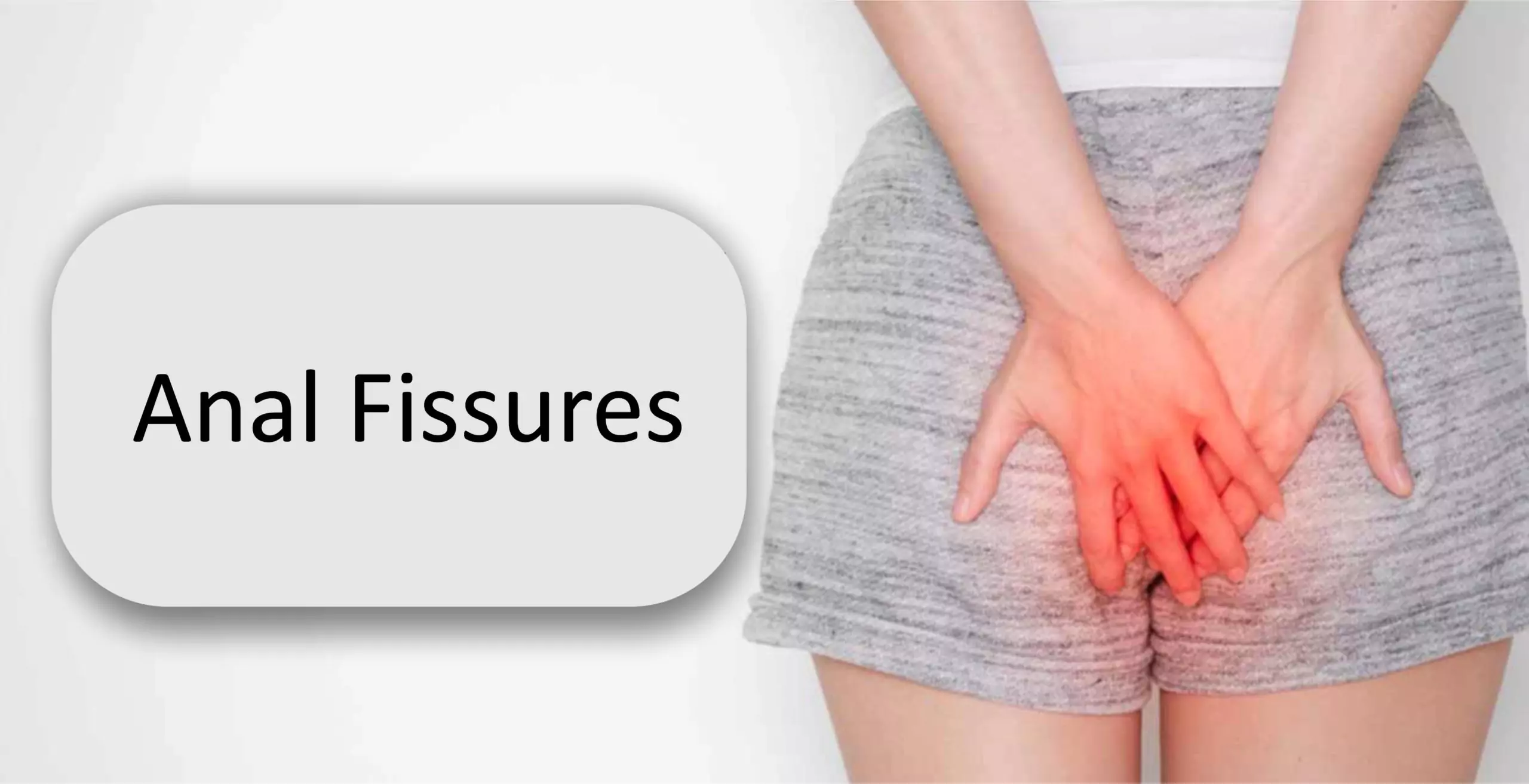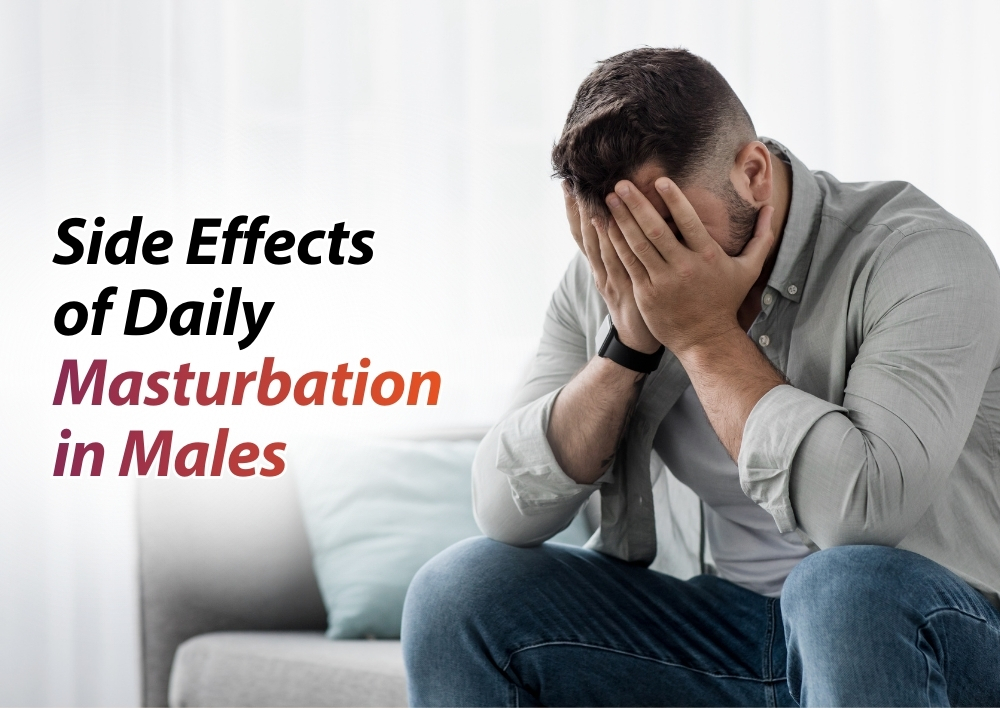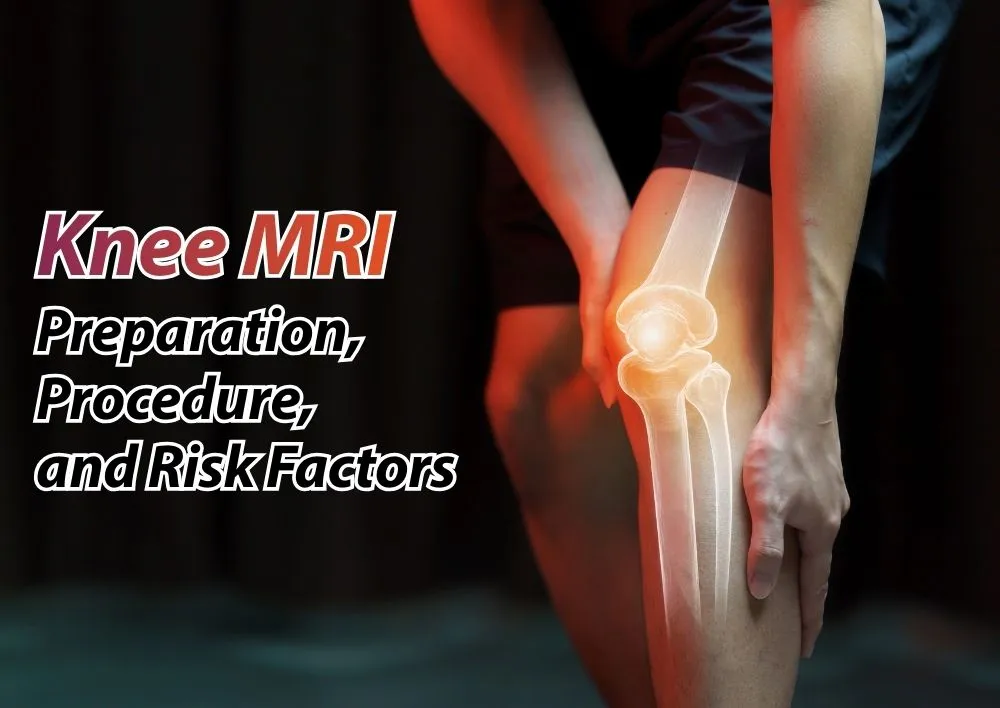Anal fissures
Anal fissures are tears in the delicate lining of the anal canal; they occur near its opening. An anal fissure may be superficial or deep. Fissures are thought to occur when a hard stool tears the lining of the anal canal. Anal fissures can affect people of any age. It is a very painful condition. There is a severe pain in anal and perianal area during bowel movement. Pain can last for several hours after defecation. A streak of blood may be noticed on the side of stool.
What are the symptoms of anal fissure?
- Pain during defecation and after.
- Bright red blood on stool or toilet paper after defecation.
- A crack in skin of anus.
- A swelling near the crack at anus.
What are the causes of anal fissure?
- Constipation and straining at defecation.
- Passage of hard stool.
- Chronic diarrhea.
How to prevent anal fissure?
- Prevent constipation or diarrhea.
- Eat high fiber food and drink plenty of fluids to avoid straining during defecation.
What are the general measures to control haemorrhoids?
- High fiber diet – 25 to 30 gms fiber per day.
- Plenty of oral liquid intake – 8 glasses of water daily.
- Elimination of constipating foods such as maida, white bread, cheese etc.
- Respond quickly to the urge to defaecate and avoid straining on the toilet.
- Keep the anal area clean by washing daily with soap and water and dry gently and completely.
- SITZ bath – sitting in warm water for 15-20 minutes twice a day.
When to see the best doctor or when to visit the best clinic near you?
- Failure to heal. An anal fissure should heal within 8 weeks.









_Causes,_Symptoms_Effective_Management_Tips.webp)





Was the information useful?
0 0